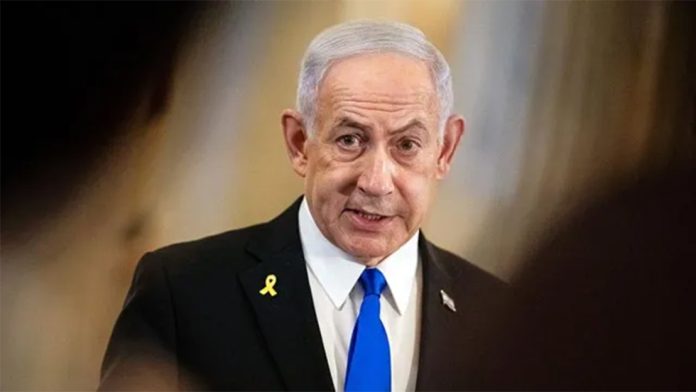Tens of thousands of protesters, in capital cities across Australia, took to the streets on 24 August to advocate for Palestinians, condemn the Israeli government for their actions in Gaza, and urge their own government to respond more strongly to the devastation unfolding there.
They were reinforcing pressure that had been well-established weeks earlier, on 3 August, when a colossal gathering marched across Sydney Harbour Bridge in one of the largest political demonstrations ever held in Australia.
A lot had changed since then, diplomatically speaking. Between them, the protests bookended a month in which Australia-Israel relations nosedived to an all-time low – a spectacular falling out that has seen officials’ visas cancelled, vitriol spouted in both directions, and claims and denials of Israeli “intervention” in Australia’s political affairs following the expulsion of Iran’s ambassador.
Many demonstrators on 24 August, however, were still calling for the same things – sanctions against Israel; the end of a “two-way arms trade” that sees Australia supplying parts used in Israeli Defense Forces (IDF) weaponry.
And while Australia-Israel relations appear to have shifted in recent weeks – “It really is quite a change,” one expert told the BBC – exactly how much is a subject of debate.
This week, the world’s leading association of genocide scholars declared that Israel is committing genocide in Gaza, as per the legal definition laid out in the UN convention.
Israel said the report was based on “Hamas lies”, and has consistently denied carrying out genocide in Gaza.
Such developments, coupled with growing public outrage, seem to have precipitated a change of tone from the Australian government.
Credit: bbc.com









